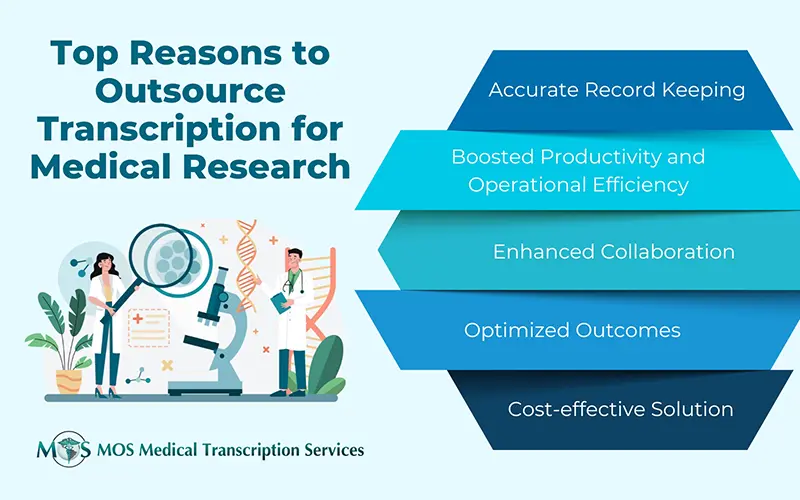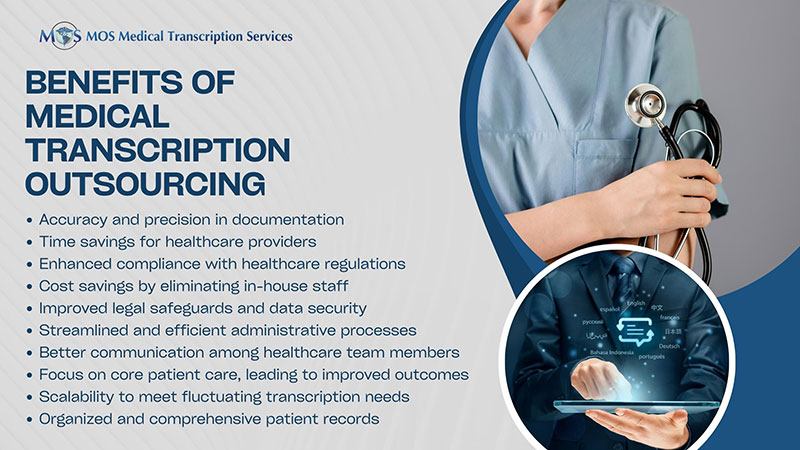Trust is a fundamental aspect of any type of relationship, personal or business-related. For instance, a company outsourcing medical transcription service to physicians has to build trust and reliability as a dedicated business partner. This is very important, given the sensitive and confidential nature of the information they handle. Similarly, trust is at the center of a physician – patient relationship, and this is what we examine in this blog. Studies and surveys show that patients’ trust in their doctors and overall healthcare is on the decline. A study published in the New England Journal of Medicine shows that in 1966, 73% of Americans said they had great confidence in the leaders of the medical profession, whereas in 2012 only 34% felt the same way. A 2017 SERMO survey showed that 87% of U.S. physicians believe that patients trust their doctors less than they did ten years ago. This lack of trust can have grave consequences such as reduced patient compliance, worse outcomes, poor physician – patient interactions and physician burnout.

What is the reason behind this lack of trust? Social scientists point out that this is largely due to higher levels of education, the spread of the internet, and the failure on the part of physicians and healthcare institutions. When an insurance company declines to pay for a procedure or increases the co-pay for an office visit, it is the physician who has to communicate the bad news to the patient, which causes a dent in their relationship. With the internet acting as a large resource of information and with the increased access people have to this medium, patients do their own research and arrive at their own conclusions regarding diagnoses and treatments. Now, patients tend to question their doctors and if their information conflicts with their doctor’s opinion, they may be less likely to trust their doctors.
The editorial published in the September issue of Lancet Oncology, highlights this issue saying that the clash between greater patient autonomy, falling trust, and the rise in social media has led to an increase in self-diagnosis and the user of alternative therapies by cancer patients. As a result, patients may refuse conventional, proven therapies and increase their risk for death compared to patients who follow recommended treatment protocols.
According to Martin Ledwick, head information nurse at Cancer Research UK, there is nothing new about dealing with fake news and it has been around for a long time. As a charity, their position is “to challenge where there isn’t a decent evidence base for a treatment that is being promoted.” He further said that the Cancer Research Centre set up an online platform 10 years ago, where people could post suggestions about alternative therapies and other treatment options. An experienced team of nurse staff would respond to the inquiries. Ledwick believes that the growth of the Internet in recent years has created a platform for people to share ideas and opinions, and when complementary treatments are offered, people take them. But the problem is, sometimes people think alternative therapies are better than conventional methods.
Social media, widespread misinformation, specious journalism and political marginalization have led to self diagnosis and patients’ demand for specific treatments. According to a study published in 2017, cancer patients who use complementary medicine are more likely refuse surgery, and chemotherapy among other proven treatments. Wrong information and false news are propagated widely via social media and other online platforms. Limiting the spread of misinformation is important to regain patients’ trust in physicians. Efforts should be taken to stop spreading wrong information and make people aware of the harm wrong information and unproven alternative therapies can cause to cancer patients as well as people suffering from other serious health conditions.
Spending quality time with patients is important for physicians to educate them about their health condition and recommend what is good and bad for them. This will empower patients to be more cautious and not fall for wrong information. To gain more time with patients and obtain relief from documentation requirements, physicians can associate with a good medical transcription company that offers real-time transcription. Physicians must work to build trust via good communication skills, and trust and communication with a patient-centered approach can ensure improved patient outcomes. Patient satisfaction will also increase when they perceive that their provider cares about their wellbeing. When patients trust their physicians, they are also likely to better adhere to the treatment prescribed. Physicians and healthcare institutions can conduct regular patient satisfaction surveys and research to evaluate their services. This will help with excellent planning to provide improved services.


